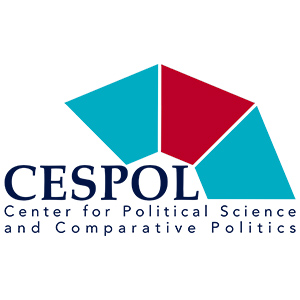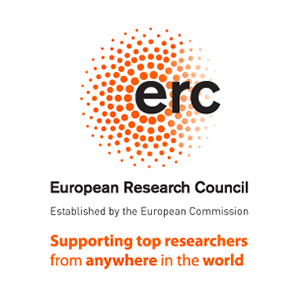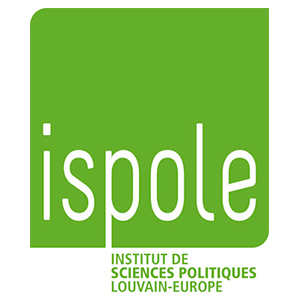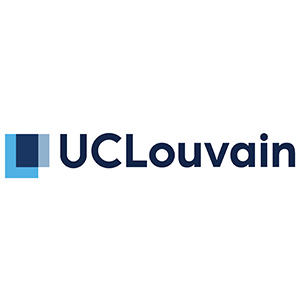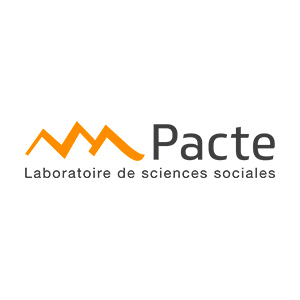QUALIDEM relies on the secondary analysis of pre-existing qualitative, comparative and diachronic data. Comparative qualitative data has been extensively produced over the past decades for diverse scientific purposes. Secondary analysis benefits from the fact that, during the process of qualitative research, the collected data, i.e. in particular interviews and focus groups, are generally richer than what is needed to answer the original research questions. Hence, re-analysis of such data allows researchers to investigate new research questions by making use of existing data. In the context of QUALIDEM, we expect to gain in this way further insights into the ways in which citizens have, over the years, perceived and reacted to the changing governance and policies. While secondary analysis of quantitative data is a well–established practice, data sharing amongst qualitative researchers is still less common. Nevertheless, its huge potential advantages have been proven on the theoretical and empirical level by various researchers (see for example the special issue of “Recherches qualitatives” (2017) edited by Sophie Duchesne on the topic
Secondary Data
About Euroquali
EUROQUALI is a free device for storing and sharing qualitative datasets on citizens’ relations to politics in general and the European Union in particular. Its main objective is to encourage the reuse of existing qualitative data by social scientists.
EUROQUALI works on the principle of reciprocity. Researchers have access to the datasets of other participating researchers once they have uploaded their own datasets to the EUROQUALI repository. Their data will be then available to other participants but not to the entire scientific community. The device is conceived to correspond to the practices of social science researchers and to be accessible to users without special expertise in online data storage.
EUROQUALI offers three main advantages to participants:
Sustainable and secure data storage
Qualitative survey data on citizens’ attitudes towards the EU and politics in general are largely inaccessible, and their content is rarely inventoried. Though, the more time passes, the more likely it is that data will be lost or damaged. Be it because of outdated and unreadable file formats, cut tapes, demagnetized cassettes, damaged disks, the physical media on which data are stored have a limited life.
Thus, EUROQUALI offers participating researchers a secure storage space where they can keep their surveys in sustainable formats. It does require neither any contractual commitment from the researcher nor any payment. The researcher remains the owner of her data that are shared with other researchers.
Access to qualitative survey data
EUROQUALI’s second objective is to enable the sharing of existing qualitative survey data to encourage the collaboration of social scientists working in European studies or other fields. Unlike existing databases, such as ESDS Qualidata in the United Kingdom or beQuali in France, access to data stored on EUROQUALI is restricted to contributing researchers on the principle of reciprocity: By sharing their own data researchers gain access to those of others.
This restricted access offers the advantage of avoiding the total anonymization of data, thus ensuring respect for the integrity of the sources and preserving their potential for the widest possible reuse.
Allowing social and longitudinal comparison of survey data
Since the late 1990s, the re-analysis of qualitative survey data in the social sciences has increased significantly in Europe. By promoting long-term storage and data sharing between researchers, EUROQUALI contributes to this development. It offers participating researchers the possibility of reusing and cross-referencing existing datasets to ask new research questions and answer them with longitudinal and cross-sectional research designs.
QUALIDEM represents an example for such a longitudinal and cross-sectional reanalysis of different datasets. Reusing different datasets collected over more than three decades and in five countries, the project examines the impact of changes in public policies in the light of the turn to neoliberalism and supranationalisation on the evolutions of democratic linkages, i.e. political trust, political support, loyalty, formal and informal participation, from the 1980s until today.

